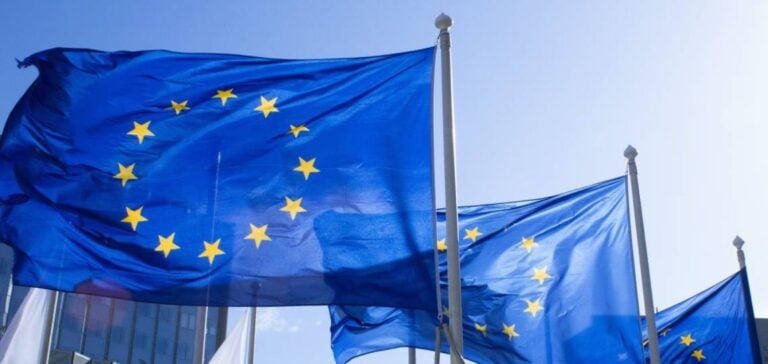Europe is increasingly positioning itself as a key player in the development of green hydrogen, aimed at reducing its dependence on fossil fuels and meeting its ambitious climate targets. European governments and companies are investing heavily in advanced technologies to produce hydrogen from renewable sources.
Strategic Investments
European initiatives include substantial funding for research and development, as well as tax incentives for innovative companies. The European Union recently announced a €1.8 billion plan to support green hydrogen projects, aimed at accelerating the energy transition and boosting the competitiveness of its industries. European companies such as Siemens Energy and Air Liquide play a crucial role in this dynamic. They are investing in hydrogen production and distribution infrastructures, while developing partnerships with research institutions to improve efficiency and reduce costs.
Innovative Technologies
One of the sector’s main challenges is to make green hydrogen production economically viable. At present, water electrolysis production, powered by renewable energies, remains costly. However, significant technological advances are underway to improve this situation. Pilot projects, such as those run by ITM Power and Nel Hydrogen, show promising progress in optimizing production processes. New methods of storing and transporting hydrogen are also being explored, which could solve some of the main logistical obstacles.
International Partnerships
Europe is not only developing its own capabilities, but also engaging in international partnerships to promote technology transfer and cross-investment. Recent agreements with countries such as Japan and Australia aim to establish global supply chains for green hydrogen. These international collaborations are essential to create a global hydrogen market, reduce costs and ensure wider adoption of this clean energy. Technology exchanges and joint investments help accelerate innovation and meet the global challenges of climate change.
The acceleration of European efforts to develop green hydrogen could transform the global energy landscape. By investing in cutting-edge technologies and establishing strategic partnerships, Europe is positioning itself as a potential leader in this key area of the energy transition.






















